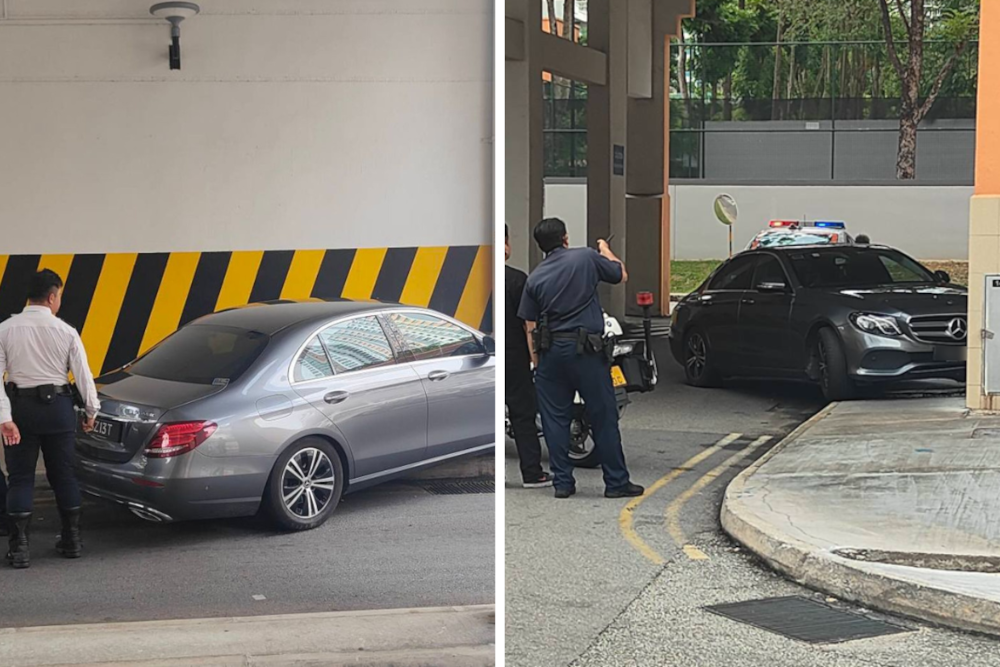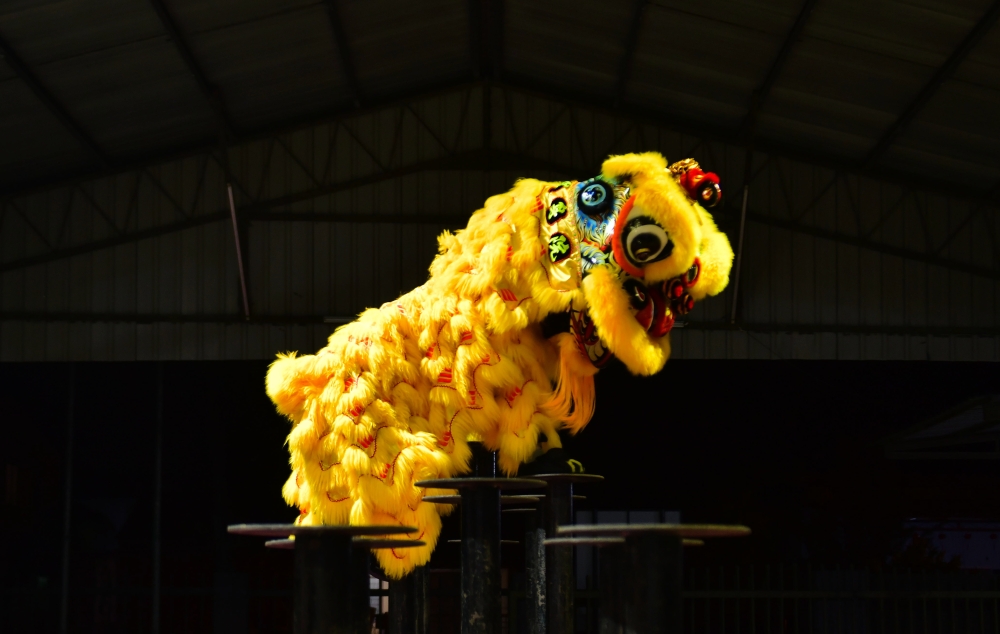IPOH, March 9 — She may be some 9,000km away from Malaysia but that’s not stopping Caren Leong from doing something for the strays in her hometown of Ipoh.
Starting a Trap-Neuter-Return (TNR) Subsidy Project, she worked with local non-governmental organisations (NGO) dealing with strays.
“What got me started on the project was seeing feeders having to continue feeding strays despite the movement control order (MCO).”
“With the project, feeders need not worry about having to continuously feed strays as TNR will reduce the numbers.”
Leong and her boyfriend pays half of the spaying or neutering costs while the remainder is was borne by rescuers, owners and supporters of the NGO.

“When the project was first launched on August 31, the initial target was to spay or neuter 300 stray dogs, preferably females.
“But at the close of the project on December 31, we did a total of 362 dogs, including 62 males.”
Speaking to Malay Mail via phone from Greece, Leong said the project was expanded to include cats that saw a total of 189 felines being sterilised.
Although the project ended on December 31, Leong said there have been calls from rescuers to extend it as they were having difficulties to book surgery slots with veterinarians following the enforcement of the MCO.
After some thought, she decided to revive the subsidy project again in February on a smaller scale.
“Rescuers still have many female dogs that need to be spayed.”
Ten dogs have been spayed or neutered since..
Using the same model as the first project, Leong and her boyfriend would continue subsidising half of the cost.
“As for the rescuers half, I have set up a Paypal account to get donations for them as besides the surgery cost, rescuers will have to pay for boarding, vaccination and sometimes trapping and transport costs.”
Admitting it was awkward to ask people for funds at a time when many are facing economic uncertainties, she said it was however necessary..
“We need to stretch our limited funds to bring as many dogs as possible to the operating table.”
“Paying full for five and paying half for 10 will cost us the same amount of money, but the latter has twice the impact.”
Donations can be made here.
You can also visit photos of the 561 dogs and cats that the project has helped by clicking here.






















